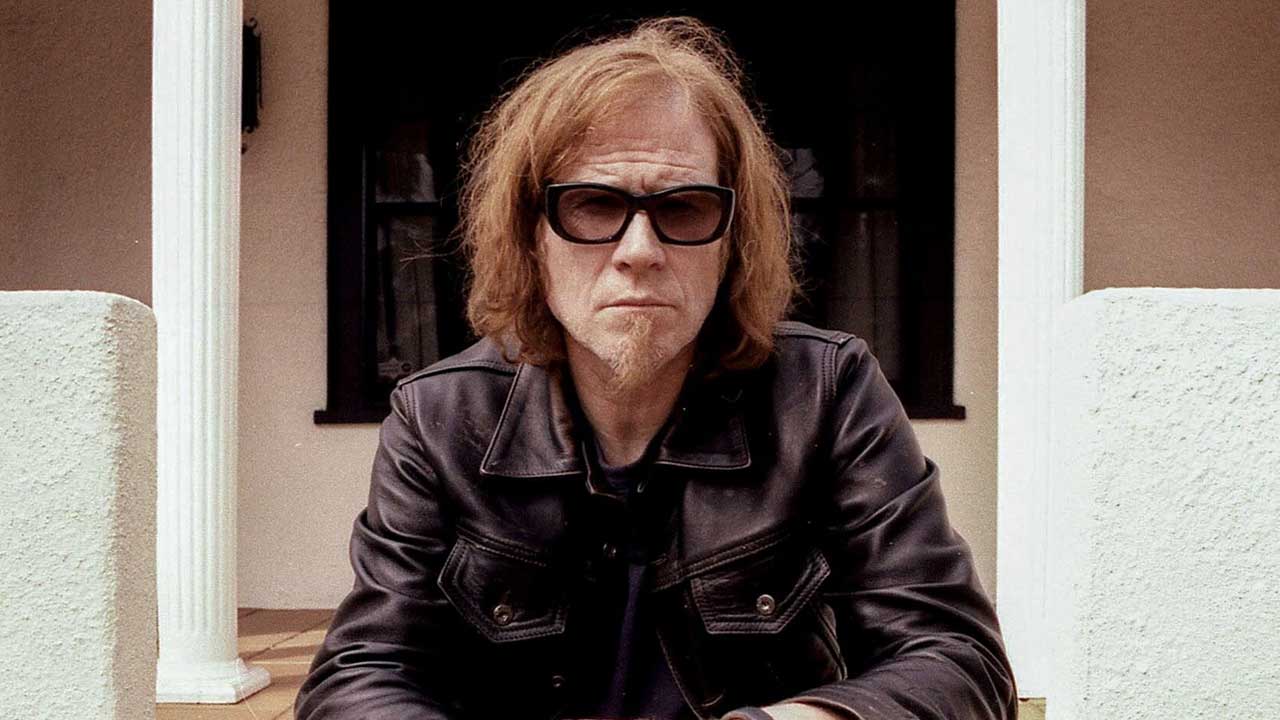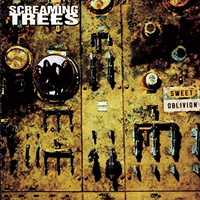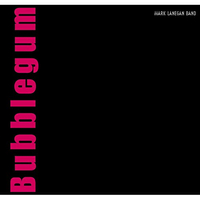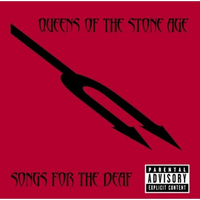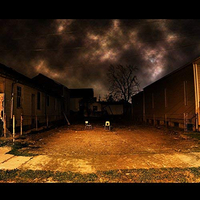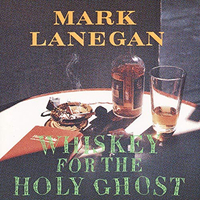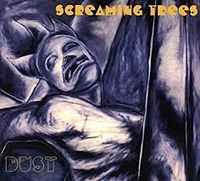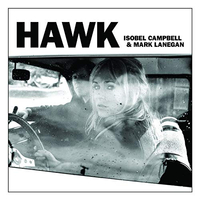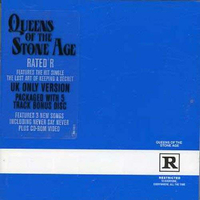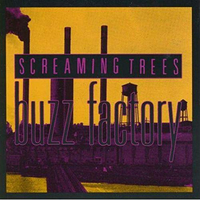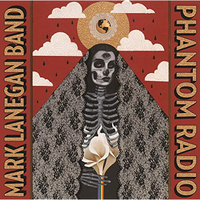For a man often depicted by the press as a lone wolf, the late Mark Lanegan was unusually collaborative throughout his decades in the music business. There were albums with Queens Of The Stone Age, Greg Dulli, Isobel Campbell and Soulsavers, and guest appearances on records by The Breeders, the Eagles Of Death Metal, Masters Of Reality, Mike Watt and Creature With The Atom Brain, to name but a few.
And, of course, there’s his time as leader of Seattle’s hugely influential proto-grunge lords Screaming Trees, and half a dozen riveting solo albums that drew from the deepest recesses of folk and blues. “Basically,” he said, “I’m always singing about the same stuff, whether it’s in a loud or a quiet outfit.”
Lanegan’s music, which he once memorably equated to “throwing a little darkness on people”, was both unsettling and strangely moving. His was one of the great singing voices in modern rock; a rusty carburettor sound capable of imbuing even the slimmest lyric with real gravitas.
Born in the Washington suburb of Ellensburg in 1964, a troubled teenage life led to heroin addiction and a year-long spell in prison for drug-related misdemeanours. In 1985 he formed Screaming Trees with Van and Gary Lee Conner and Mark Pickerel. Four albums of slanted, heavy-duty rock led to a major-label deal with Epic in 1991, yet success for the band proved oddly elusive. By the end of the decade, Screaming Trees were all but over, and by then Lanegan was already several albums into a solo career.
In 2000 he turned up on Queens Of The Stone Age’s Rated R, signing up as a full-time member of the band the following year. He also squeezed in another project, joining buddy and Afghan Whigs mainman Greg Dulli in the Twilight Singers, before the pair struck out alone as the Gutter Twins. Perhaps unsurprisingly, he quit QOTSA in 2005, though he continued to sing on their albums and occasionally tour with them.
Factor in a downtempo album of electronica with northern upstart duo Soulsavers and three albums of delicious desert-noir with ex-Belle & Sebastian star Isobel Campbell and you wonder how he had time to do any of it, let alone maintain a high level of consistency.
2012's Blues Funeral, his first solo album in eight years, sparked a period of prolificity, with four more albums – Imitations, Phantom Radio, Gargoyle and Somebody's Knocking released over the following years, before his final collection, Straight Songs of Sorrow, arrived in 2020.
“Songs are always an expression of joy for me, no matter how sad they may seem to somebody else,” he told Classic Rock. “I don’t even call it work, because songwriting is more like a gift that I’m able to enjoy. A gift that somebody gave me, though I don’t know where or why."

